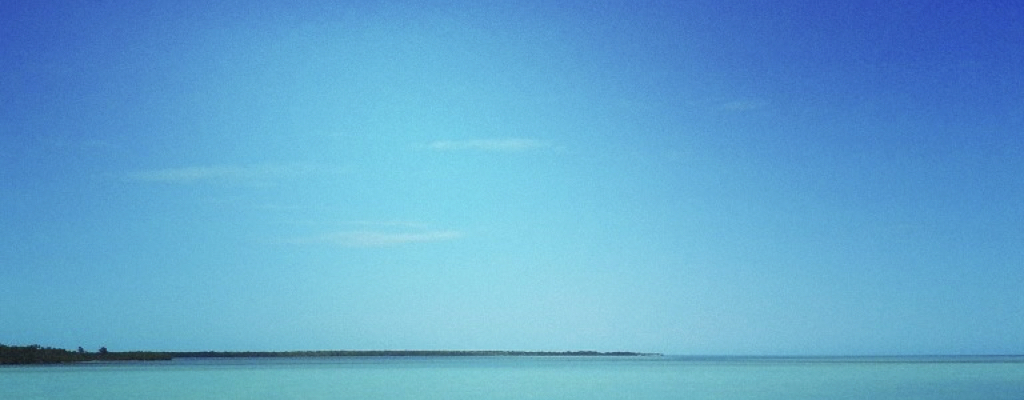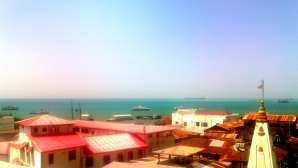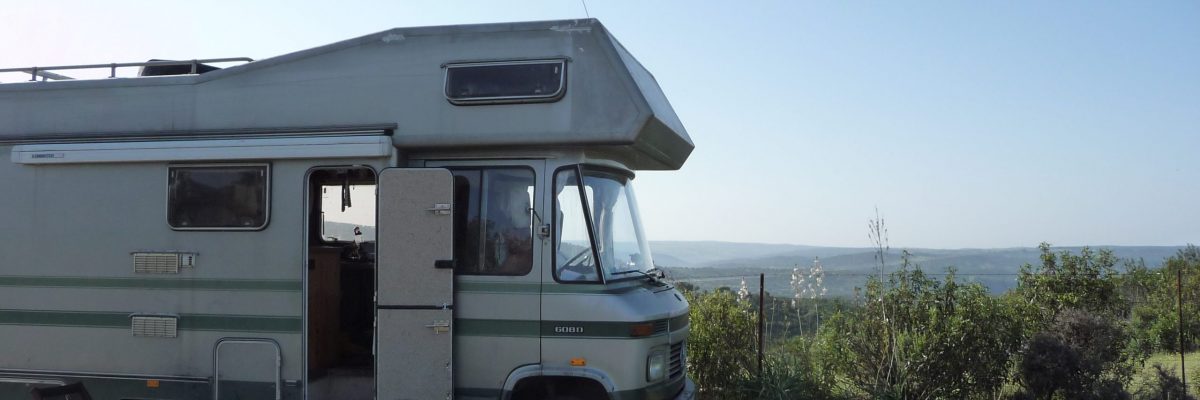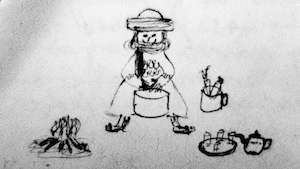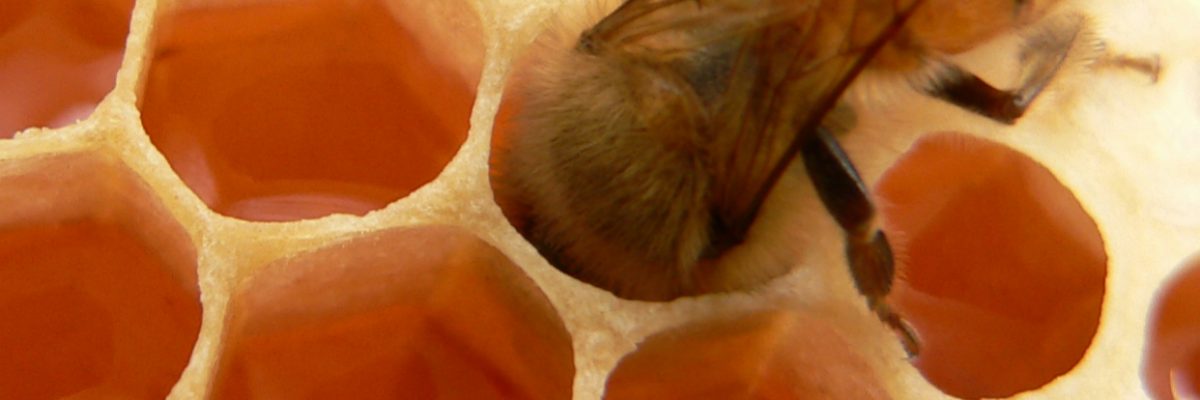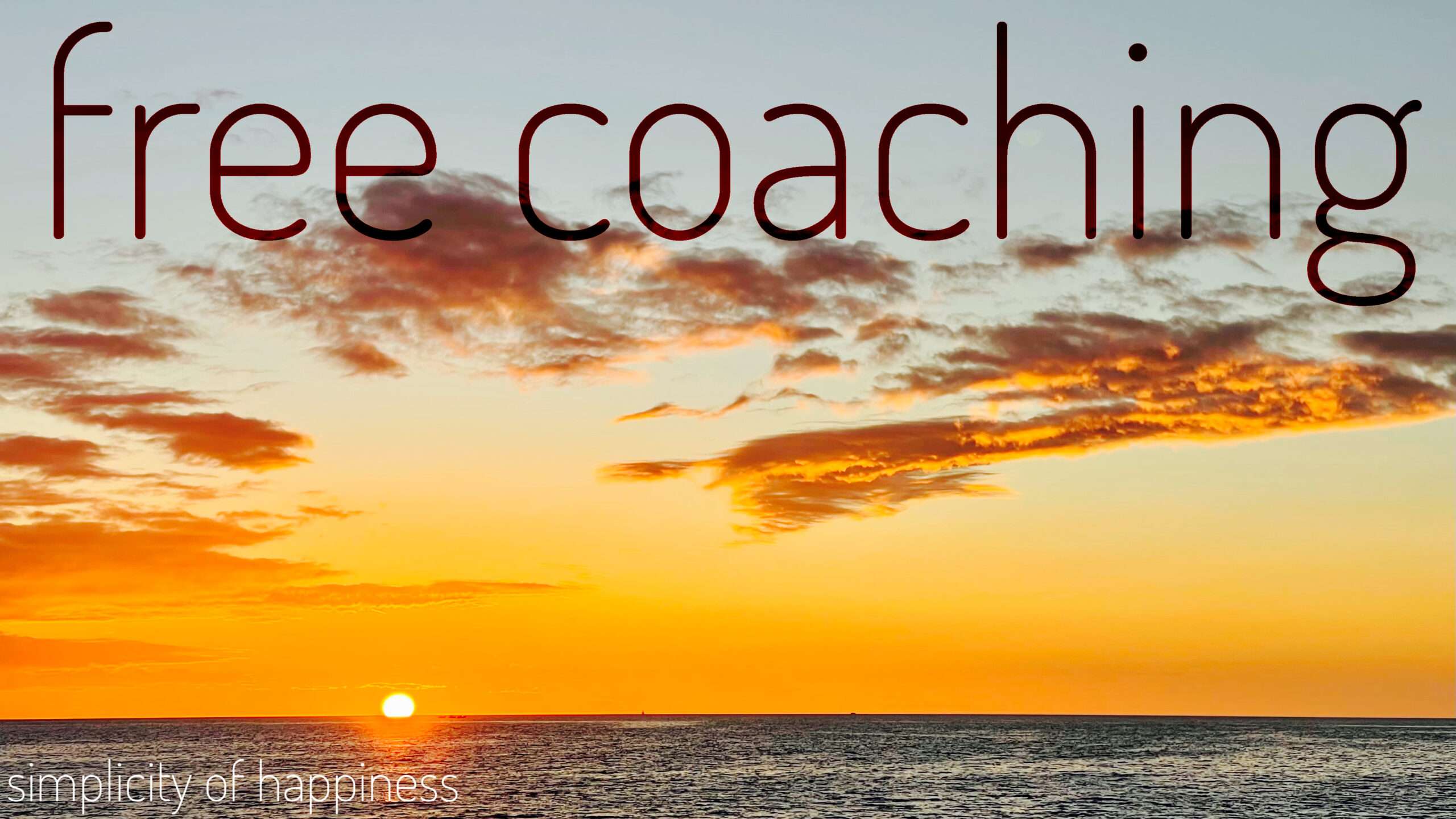In late 2013 I had the idea that it might be right for me to work for a while from a far away place. I was sick of going into the same office every day. I had the feeling that nothing would change ever again in my life if I kept doing exactly the same every day. I came to a point that I worked only for the money and not for the love of it.
I was and I am looking for a reason in my life and for what I do. I want to do something special. Last winter I fulfilled a dream of mine and chose one of the most beautiful places to work at: Zanzibar. This is exactly the point. I want to work. I just don’t want to have the feeling that I am missing my life while I am at work. I strongly believe that I need to follow my inner motivation, to be good in what I do and to create a lasting difference.
Furthermore I thought that an external view on my daily life and my routines could help me find out what I truly want.
After traveling through northern Tanzania on a beautiful three week vacation, I went back to Stonetown, Zanzibar on Dec. 25th to work from there for one month. I was were I wanted to be. I had plenty of time and I had such a big problem starting to work. I found out that Stonetown didn’t provide any space for me to focus on my work and still feel good. My room was small and had no real windows. The small windows of mine were covered by mosquito nets and the house on the opposite side of the road was only about 1 1/2 meters away. Not what I regarded as a beautiful view.
When I was working inside the building I had to switch on the light because it was too dark. The lights were fluorescent lights. That was not what fired up my inspiration either. Next to my Laptop I kept a towel because every few minutes my table was so wet with sweat that my hands kept gliding away.
I wanted to be outside, I wanted to work outside. I had my laptop with enough battery and I had an internet dongle with a ZANTEL card to work online as well. But guess what: That’s not what you do in Africa, sitting somewhere in the park with your laptop. First there were no parks, second there was either beach or shade. Third: if there was an open place to sit, my laptop would attract many people to sit directly next to me and stare on my screen and/or talk to me.
I figured, I had to work from somewhere else. Rooftops, although plenty of them could be available are not common in Zanzibar. If you have sunshine all year round, that might push you into the shade.
No work on a rooftop either. I tried different cafes that seemed to work and walked a lot to discover new places. As you can imagine I felt quite unsatisfied during my first days. That was not what I had expected. Every morning I thought about where to go and where to work and ended up running around Stonetown to find a place. I got lost every time. I had to walk straight in one direction until I reached the end of Stonetown and then run around it until I found a place I already knew. Otherwise there was no way finding home for me. Funny how much effort it costs my brain to find my way. My brain put full concentration on creating new routines to make my life easier again. Actually time went by quite fast when I was wandering around town. My mind was completely occupied with scanning my surrounding trying to find any hints where I am and how to find my way back. Slowly I found out about places where I could sit for while, where they had coffee and some even good coffee. I could even remember how to find that place again and how to go back home. My days became easier and I could focus more and more on the work I wanted to do.
When I came to Zanzibar I wanted to get rid of my routines because I thought that they might be in my way of working happily. Then the complete lack of any routines (where do I sleep, how do I sleep, breakfast???, where do I eat, when do I eat). Basically everything made me so insecure that I even thought it was a mistake to go there in the first place. Then I started creating new routines and when I finally was at an ease with myself the month was over and I flew back.
Now looking back at my time, I realize that it was the best thing I could have done last winter. I developed such a clear focus on how I want to work and what I want to do. I developed new routines not by accident but because they helped me to achieve my goals. And I was actually able to take these routines with me to new places. I work so much more efficient than I did ever before. And I am happier with it.
Some of my lessons from Stonetown are:
- I hate routines
- I need routines
- I could complain wherever I am
- It’s my own decision to focus on the bright side of life, or not
- Nothing is perfect.
- Everything can be perfect for moments.
- If I know what I want, I can do it.
- Get rid of expectations and live NOW!
What makes a remarkable life remarkable is not the chances you get, but what you make of your chances!
Are you interested in working without an office, too? I put all my learnings from Stonetown into my Webinar: officeless office!

